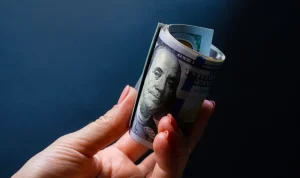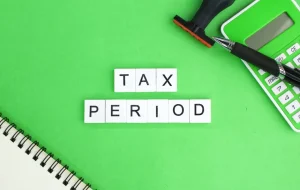Those aiming for above-average market returns often engage in the meticulous process of stock picking. Choosing the right stocks can make a substantial difference in your wealth.
The closing price of Johnson & Johnson (NYSE: JNJ) was $170.74 for the day, down -0.18% from the previous closing price of $171.04. In other words, the price has decreased by -$0.18 from its previous closing price. On the day, 7.59 million shares were traded. JNJ stock price reached its highest trading level at $171.555 during the session, while it also had its lowest trading level at $169.65.
Ratios:
Our analysis of JNJ’s different ratios will help us gain a deeper understanding of the company. It provided that stocks Price–to–Cash (P/C) ratio for the trailing twelve months (TTM) is standing at 21.78 whereas its Price-to-Free Cash Flow (P/FCF) for the term is 22.17. For the most recent quarter (mrq), Quick Ratio is recorded 0.76 and its Current Ratio is at 1.01. In the meantime, Its Debt-to-Equity ratio is 0.65 whereas as Long-Term Debt/Eq ratio is at 0.50.
On May 13, 2025, Leerink Partners Downgraded its rating to Market Perform which previously was Outperform but kept the price unchanged to $153.
Insider Transactions:
Also, insider trades can serve as a great indicator of what management thinks about the future direction of a stock’s price. A recent insider transaction in this stock occurred on Jul 17 ’25 when REED JOHN C sold 19,137 shares for $163.55 per share. The transaction valued at 3,129,830 led to the insider holds 10,658 shares of the business.
REED JOHN C bought 19,137 shares of JNJ for $3,129,831 on Jul 17 ’25. On Feb 25 ’25, another insider, Decker Robert J, who serves as the VP Corporate Controller of the company, sold 6,999 shares for $165.88 each. As a result, the insider received 1,160,994 and left with 21,001 shares of the company.
Valuation Measures:
Investors should consider key stock statistics when deciding whether to invest or divest. In the wake of the recent closing price, JNJ now has a Market Capitalization of 411199963136 and an Enterprise Value of 443080769536. As of this moment, Johnson’s Price-to-Earnings (P/E) ratio for their current fiscal year is 18.26, and their Forward P/E ratio for the next fiscal year is 15.07. The expected Price-to-Earnings-to-Growth (PEG) calculation for the next 5 years is 2.77. For the stock, the TTM Price-to-Sale (P/S) ratio is 4.54 while its Price-to-Book (P/B) ratio in mrq is 5.24. Its current Enterprise Value per Revenue stands at 4.889 whereas that against EBITDA is 14.645.
Stock Price History:
The Beta on a monthly basis for JNJ is 0.38, which has changed by 0.07451224 over the last 52 weeks, in comparison to a change of 0.21149921 over the same period for the S&P500. Over the past 52 weeks, JNJ has reached a high of $171.19, while it has fallen to a 52-week low of $140.68. The 50-Day Moving Average of the stock is 7.95%, while the 200-Day Moving Average is calculated to be 9.69%.
Shares Statistics:
JNJ traded an average of 8.40M shares per day over the past three months and 8595260 shares per day over the past ten days. A total of 2.41B shares are outstanding, with a floating share count of 2.41B. Insiders hold about 0.13% of the company’s shares, while institutions hold 73.40% stake in the company. Shares short for JNJ as of 1752537600 were 18272250 with a Short Ratio of 2.18, compared to 1749772800 on 16330615. Therefore, it implies a Short% of Shares Outstanding of 18272250 and a Short% of Float of 0.76.
Dividends & Splits
With its trailing 12-month dividend rate of 5.02, JNJ has a forward annual dividend rate of 5.02. Against a Trailing Annual Dividend Yield of 0.02934986The stock’s 5-year Average Dividend Yield is 2.79. The current Payout Ratio is 84.80% for JNJ, which recently paid a dividend on 2025-05-27 with an ex-dividend date of 2025-08-26. Stock splits for the company last occurred on 2001-06-13 when the company split stock in a 2:1 ratio.









